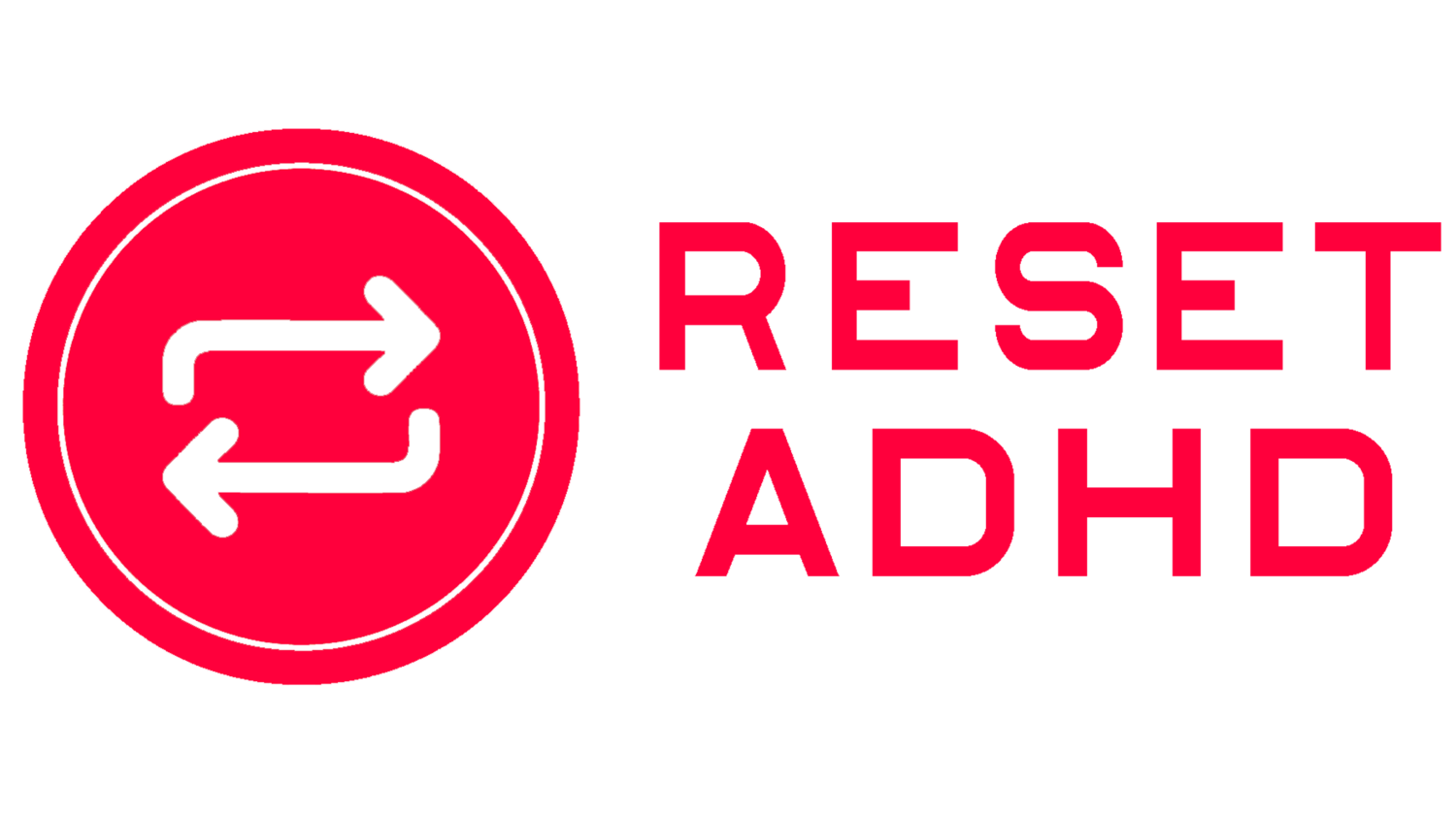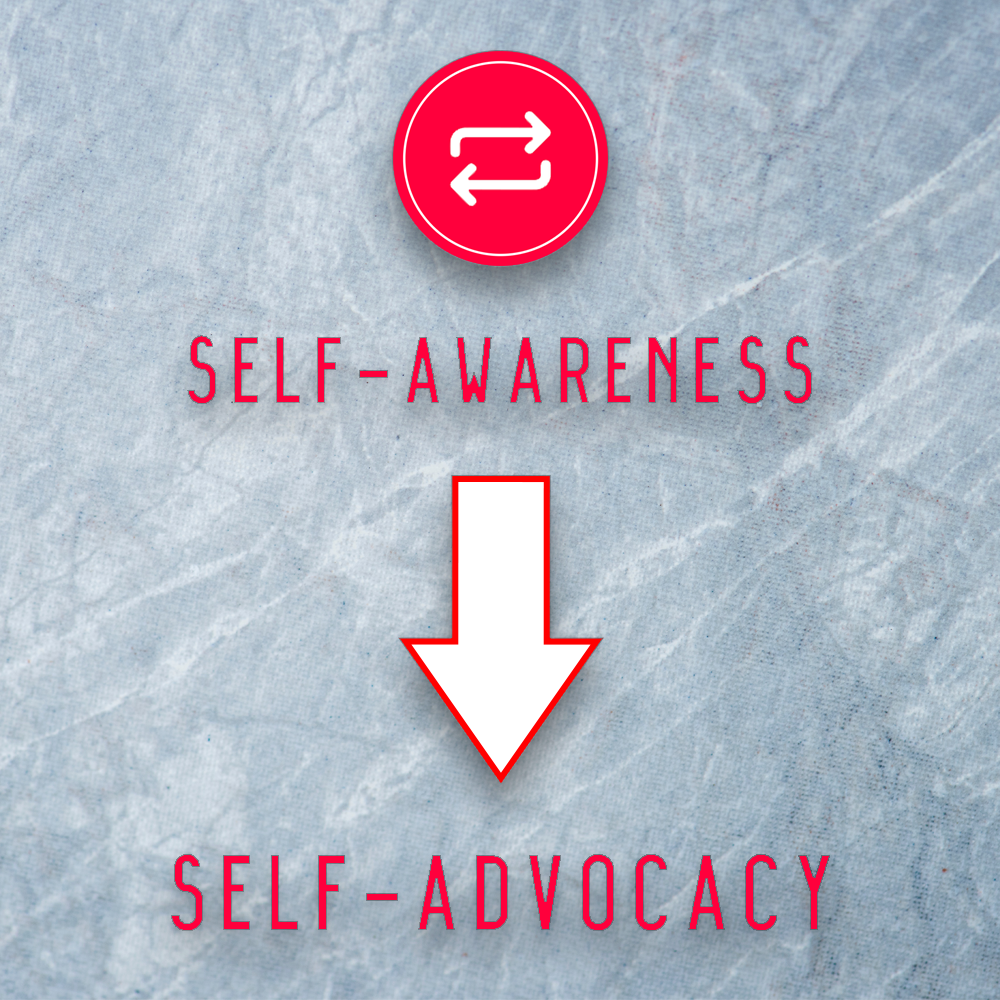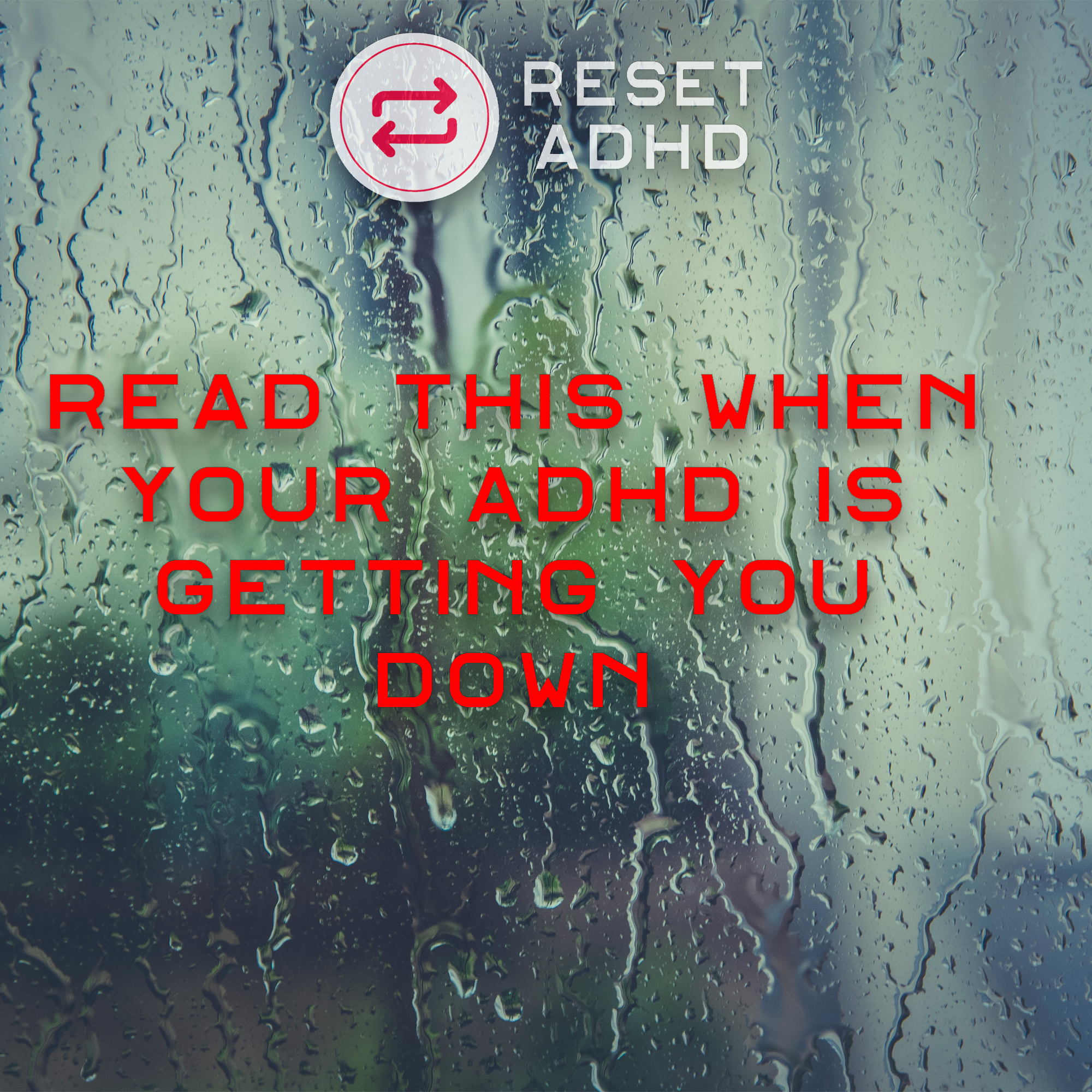blog
- Accountability 3
- Advice 198
- BOREDOM BUSTER 2
- Books 12
- Calendar 2
- Careers 4
- Coaching 22
- Comorbid Conditions 5
- Crime 5
- Diet 2
- Emotional Regulation 6
- Encouragement 71
- Exercise 11
- Fun 29
- Getting Unstuck 81
- Giveaways 1
- Humor 12
- Impulsivity 10
- Information 128
- Inspiration 107
- Medication 7
- Memory 9
- Money 1
- Movies 7
- Music 3
- Musicals 2
- Personality 21
- Perspective 40
- Positivity 84
- Prayer 5
- Productivity 88
- Rants 41
- Relationships 14
- Reviews 4
- Schedule 3
- School 9
- Self-Care 7
- Sleep 13
- Social 5
- Spirituality 7
- Sports 1
- Stereotypes 2
- Stories 30
- Strategies 97
- Strengths 11
- TV Shows 4
- Tech 1
- The Weekly Reset 216
- Time Management 8
- Tips 149
Self-Awareness Leads to Self-Advocacy
Knowledge is power, and it is even more powerful when it is self-knowledge. One of the best things you can do to manage ADHD and improve your life is to know yourself better. Self-exploration is something everyone should do, regardless of whether they have ADHD or not. When you know yourself and your needs, you are better able to articulate what you need from others. This takes time, but it is well worth it.
The Importance of a Strengths-Based Approach to Managing ADHD
Reset ADHD advocates a strengths-based approach to managing the symptoms of ADHD. This method relies on what the ADHDer does well, as opposed to those areas of struggle. This approach has more promise than one that tries to fix those areas where an ADHDer struggles. Instead of focusing on our weaknesses, those of us with ADHD should focus on our strengths. Yes, ADHD will cause us challenges, and we need strategies to overcome those challenges. But, relying on a skill in which we are not proficient to overcome a challenge is not a recipe for success. Using your strengths can build up confidence and can help you overcome challenges created by your weaknesses.
The Positive Side of Pain
One of the things that will inevitably occur when learning to manage one's ADHD is encountering pain. The ADHD brain is not a neurotypical brain, and the world was made for neurotypical brains. This leads to the struggles ADHDers face on a daily basis.





